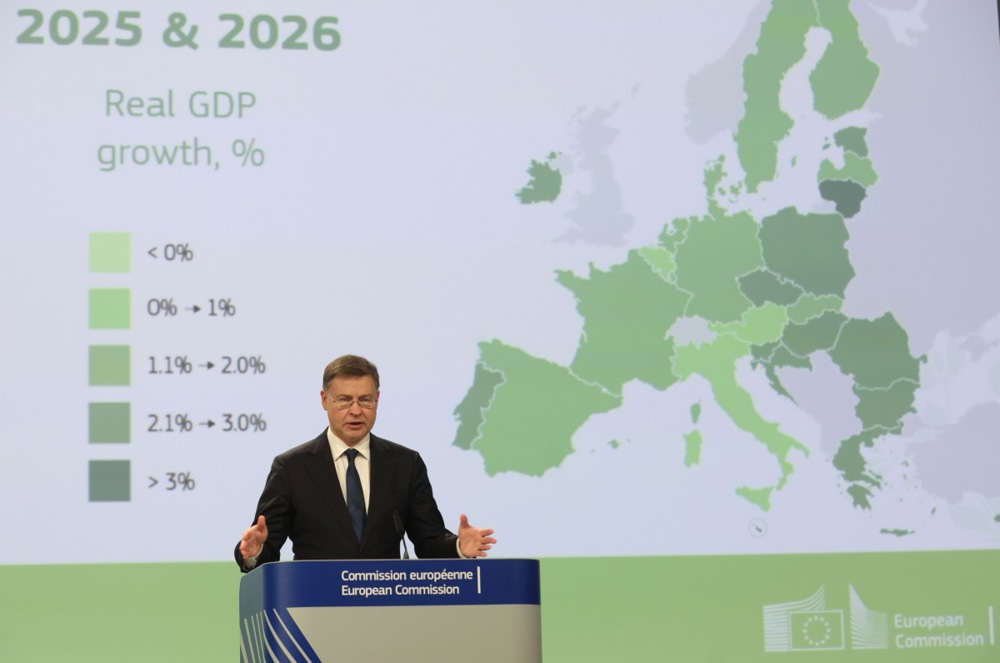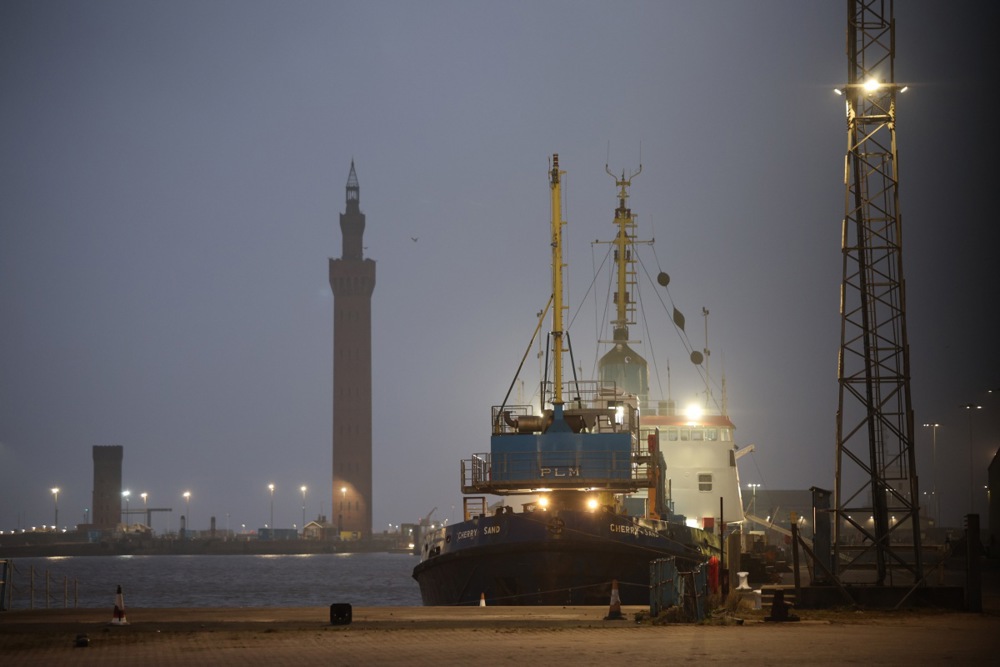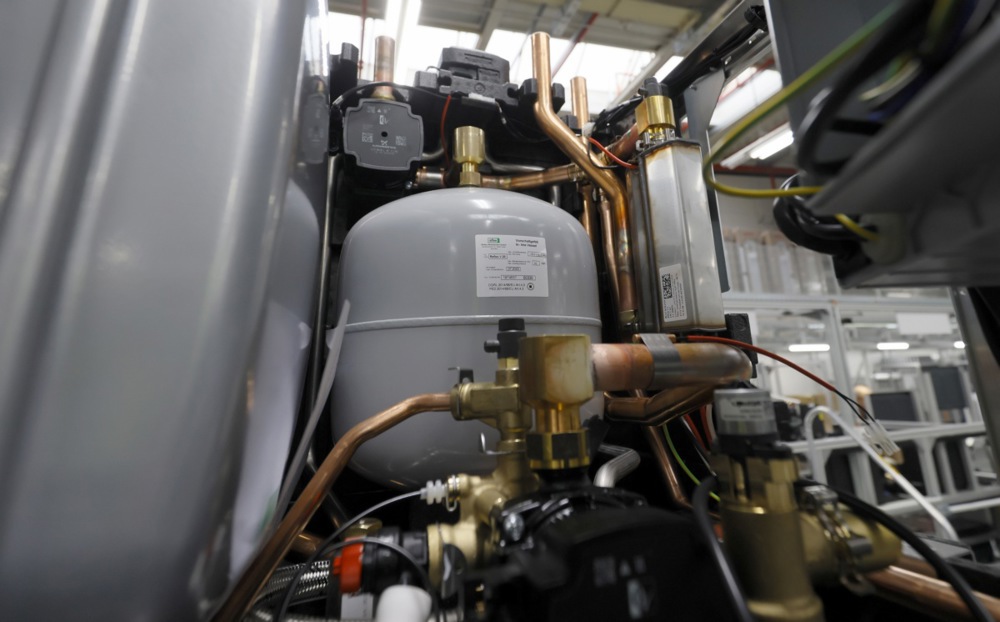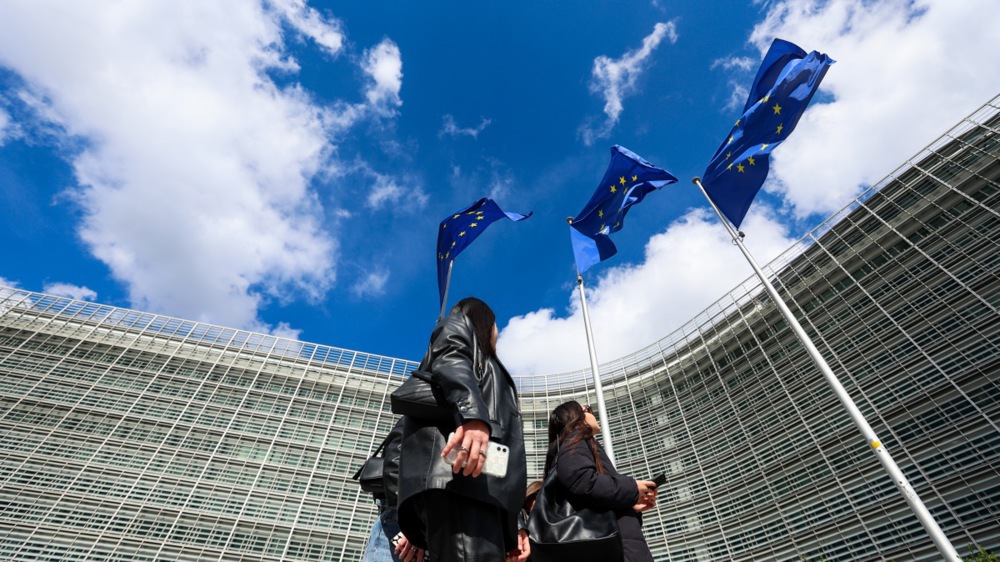A cross-party group of MEPs has urged the European Union to help companies extricate themselves from long-term contracts with Russian energy providers.
Such a move that would mark a sharp escalation in the bloc’s effort to sever ties with Moscow.
The request, set out in a new parliamentary proposal, called for EU-level support — legal, political and potentially financial — to protect firms facing penalties for breaking supply agreements signed before the war in Ukraine.
“We ask the EU to help businesses exit these contracts without being punished,” wrote Belgian MEP Yvan Verougstraete, co-author of the text, in a press release sent to Brussels Signal.
“Ending our dependence on Russian energy will require more than slogans. We need tools.”
The proposal, to be voted on by the European Parliament’s industry committee on June 25, stopped short of mandating a full ban.
But it backed a clear timeline: No new Russian gas deals after 2025 and an end to all imports by 2027 — a position likely to face pushback from member states still reliant on Russian fuel.
Verougstraete called the move a “strategic course correction”, warning that the EU remained vulnerable.
“Throughout history, cutting off a city’s energy was a way to force surrender,” he said. “In today’s context, surrounded by rival empires, Europe must not be energy-dependent. The risk of siege is real.”
Legal experts said efforts were already underway, with Brussels providing companies with arguments to terminate contracts, but alternatives were costly.
Varg Folkman, analyst at Brussels-based EPC Political Economy Programme, told Brussels Signal: “What the [European] Commission wants to do is giving companies the possibility to legally end their contracts with Russian providers, using ‘force majeur‘ clauses to cut the contracts.
“Whether legally feasible is not for me to say, the Commission thinks so at least.
“But replacing Russian pipeline gas with US LNG just doesn’t make business sense in many cases.”
“Switching to US gas is going to hurt,” he added. “It’s more expensive and it will shock industrial users who are already on the edge.”
A recent report by Brussels-based Bruegel Institute also warned of the gap between short-term energy demand and long-term climate goals.
While LNG imports have helped reduce dependency on Russian supply, the report said, they also entrenched fossil fuel infrastructure and delayed investment in clean alternatives.
“Security and decarbonisation must be balanced,” it concluded, but the politics of the transition remain unsettled.
While some countries, including Germany and the Nordics, backed the European Parliament’s line, others remained opposed.
“Some member states, most notably Hungary and Slovakia, are very dependant on Russian gas for their domestic consumption so they will attempt to block any ban falling into sanctions, which requires unanimity,” Folkman said.
“What the commission did is trying to use more trade tools, since they do not require unanimity, just a qualified majority”, he added, referring to the wanted switch of LNG providers.
The EP’s text outlined a broader framework for EU energy autonomy including expanded infrastructure, strategic stockpiles and investments in clean and decentralised systems.
But at its core was a political message: If Europe wanted to end its energy dependence, it must help its industries do the same.
“The future of Europe depends not only on clean energy but on having energy of its own,” Verougstraete said.





